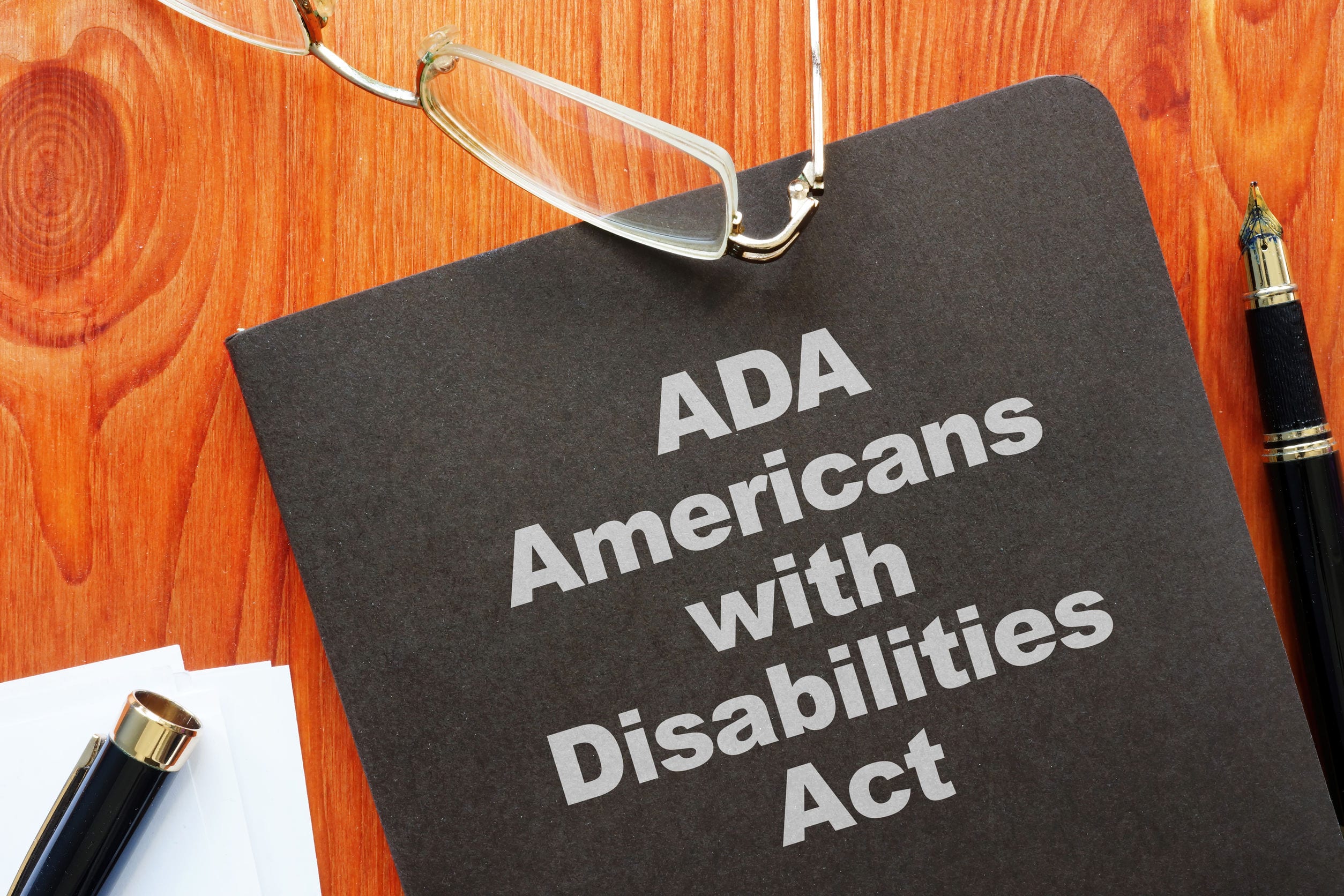MN Government Employees Have Rights Under ADA Laws
The Americans with Disability Act (ADA) was groundbreaking legislation that sought to help those with disabilities reduce instances of discrimination in the workplace.
Just as with most legislation, though, it’s a law that not every employer observes at all times – even if the employer is the government.
The Minnesota Department of Human Services itself, in fact, is facing scrutiny after they’ve been accused of not providing workplace accommodations under the ADA. Employees at DHS with disabilities believe they have faced unfair treatment that made their jobs more difficult.
So what exactly is required of employers under the ADA, anyway? Every employer wishing to adhere to equal opportunity philosophies should know. Learn here about this legislation and what it means to properly put its guidelines into practice.
The ADA: What Is It?
The Americans with Disabilities Act was passed in 1990. Its purpose is to help protect those with disabilities in the workplace from discrimination.
It also offers these protections so that employees of all abilities can enjoy activities and programs offered by local and state governments. Additionally, the Act provides necessary access to services and goods in places such as medical offices, stores, restaurants, and hotels.
Specifically regarding the workplace, this legislation contains a provision called Title I. This portion of the ADA explicitly prohibits discrimination by employers and requires them to provide accommodations that are reasonable for employees and applicants with disabilities.
Who Is Required to Comply with Title I?
Under Title I of the ADA, there are “covered entities.” This term, covered entities, refers to employers that have 15 or more employees. It also refers to labor organizations, employment agencies, and labor-management committees.
Who Does Title I Protect?
The language of Title I in the ADA is to protect “qualified individuals with disabilities.” Qualified people are those employees who can perform the normal tasks of their work position with or without reasonable accommodations.
Disability has also been defined as a psychological or bodily impairment that limits one or more major activities for life and is generally regarded as having an impairment. The disabled person must also be an employee.
Reasonable Accommodations: What Are They Under the ADA?
Essentially, a reasonable accommodation is anything that can be done to the job, work environment, or the way processes are undertaken that enables someone with a qualified disability to have an equal opportunity for employment.
Three Ways to Provide Reasonable Accommodations
Under the ADA, employers must provide reasonable accommodations in three ways. They must provide accommodations that yield equal opportunities, essential functions, and equal benefits and privileges to all applicants and employees.
- Equal Opportunity: Employers must ensure that employees and potential employees have equal opportunity during the application process.
- Essential Functions: Qualified employees with disabilities must be enabled to perform the functions essential to the job.
- Equal Benefits and Privileges: Employees must also be enabled to enjoy equal privileges and benefits of employment.
Reasonable Accommodations in Action
Examples of accommodations made for disabled employees include making any facilities used in the job accessible, modifying work schedules, providing interpreters, or modifying equipment. Failure to make these accommodations under the ADA for disabled employees can result in lawsuits brought by the Department of Justice.

Currently, Minnesota DHS is being accused of not providing appropriate accommodations for employees in a timely manner under the law and could face severe consequences from the federal government for doing so.
The ADA is there to protect you. If you feel your rights as a disabled person are being violated in the workplace, it’s important to have your issues addressed — not only for yourself but for others who may need the same access.
About the Author:
A former Assistant Public Defender for the Sixth Judicial District in Duluth and former staff attorney for the Indian Legal Assistance Program, Brent R. Olson is an experienced trial lawyer who has appeared in every Courthouse in the Sixth Judicial District and taken over three dozen cases to verdict. At LaCourse, Poole & Envall, Mr. Envall focuses on family law, workers’ compensation, and criminal defense. He has a strong belief in restorative justice and helped to develop the Domestic Violence Restorative Circles program.
















